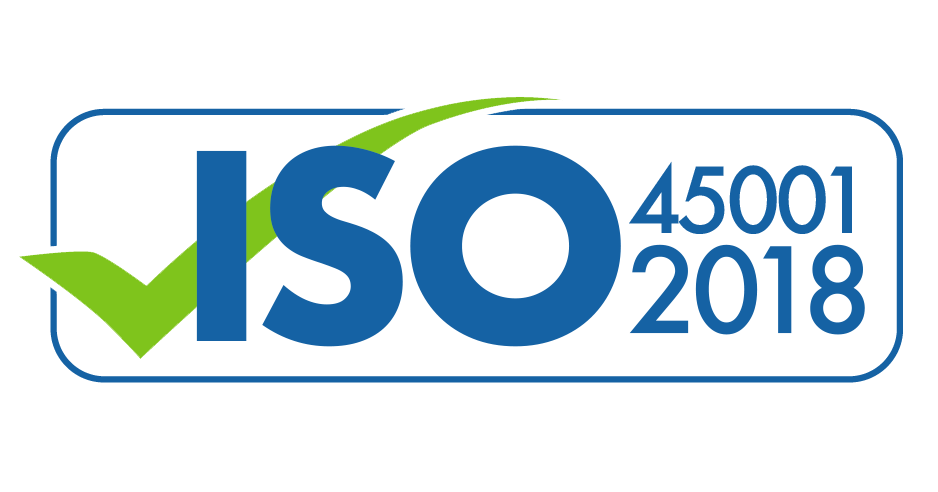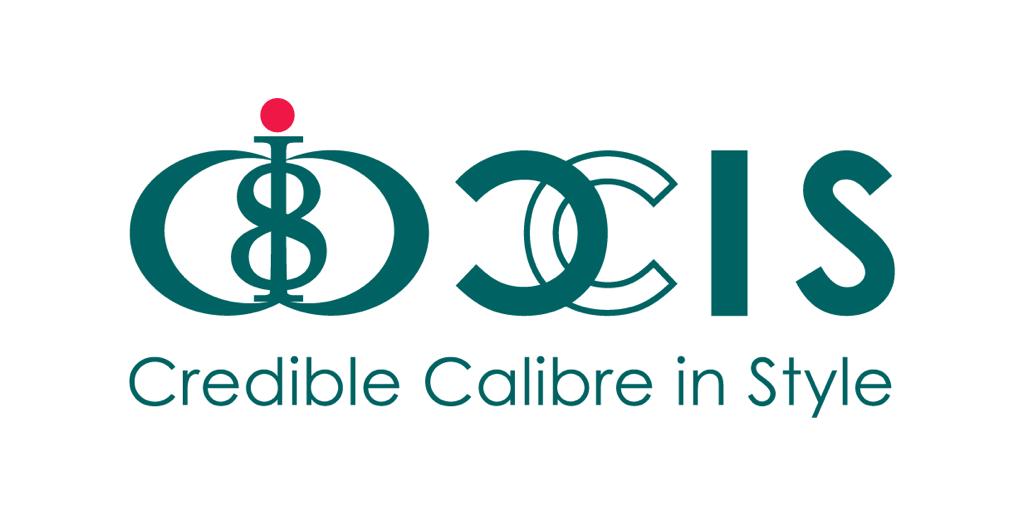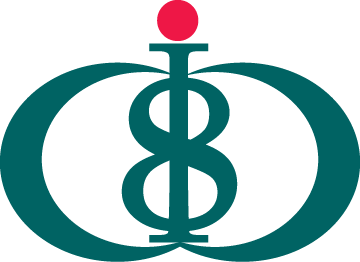ISO 45001:2018 Occupational Health & Safety Management Systems (OHSMS) | Singapore
Number of companies who have benefited from our services for ISO & bizsafe
What is ISO 45001?
A company’s Occupational Health and Safety Management System, or OHSMS, is a crucial component of its everyday functioning and risk management. OHSAS 18001:2007 has been the standard for several years, but this is about to change under the new legislation. OHSAS 18001:2007 has now been replaced by ISO 45001, and organisations that have already been certified to OHSAS 18001 should already have transitioned and be complying with the new ISO 45001 Standard. So what does this mean for your company? While ISO 45001 certification is not mandatory, if you aim to demonstrate commitment to improved occupational health and safety management practices, you’re going to need new training and a review of your processes to align your company and ensure that you comply with the new standard. CCIS offers trusted consultancy services, so you don’t have to worry about missing any important details during your ISO 45001 transition.
Is ISO 45001 a Legal Requirement?
ISO 45001 is a standard designed to improve employee safety, reduce workplace risks, and enhance working conditions, aligning with legal obligations. While not mandatory, organisations seeking international operations or compliance with global health and safety standards benefit from the certification. Notably, for the metalworking and shipyard industry, SAC-accredited ISO 45001 certificates meet legal SHMS Audit requirements, provided they are issued by SAC-accredited Certification Bodies and audited by MOM-approved WSH Auditors.
Benefits of Implementing ISO 45001 in an Organisation
Being a globally recognised standard for transitioning to an effective occupational health and safety management system, implementing ISO 45001 offers several significant benefits.
Firstly, ISO 45001 seamlessly integrates with existing ISO management systems, such as ISO 9001 Quality Management and ISO 14001 Environmental Management, making implementation easier and more efficient.
Another key advantage of ISO 45001 is that it ensures safety starts from the top. The standard mandates active involvement and accountability of top management in promoting workplace safety. This means that leaders will have to communicate occupational health and safety issues throughout the organisation and take responsibility for preventing work-related injuries and illnesses, creating a safe and secure environment within its premises. After all, achieving ISO 45001 certification signifies an organisation's adherence to the standard's requirements and its unwavering commitment to preventing workplace accidents, illnesses, and fatalities.
ISO 45001 also promotes a strong culture of safety from the ground up. It encourages every employee to take ownership of their own safety at work. As a result of this, employees will have opportunities to provide valuable feedback on safety improvement while management ensures they have the necessary resources, training, and time to participate.
How Are ISO 45001 Audits Conducted
The ISO 45001 certification process involves several audits to assess an organisation's compliance with occupational health and safety management system requirements.
The initial external or registration audit determines if an organisation qualifies for ISO 45001 certification. It consists of two stages, with an optional pre-assessment that helps identify strengths and weaknesses.
The next stage, the Readiness Review, evaluates readiness for the subsequent audit. It assesses the organisation's management system documentation, processes, and compliance with statutory and regulatory requirements. This step of the audit is conducted on-site or remotely and provides insights for planning the Stage 2 audit.
The Stage 2 audit is the final stage before certification. It thoroughly examines the organisation's management system, operational controls, and performance against objectives.
After successfully completing the Stage 2 audit, organisations receive ISO 45001 certification. However, ongoing compliance is monitored through annual surveillance audits. These audits assess the management system's effectiveness, address nonconformities, and ensure continual improvement.
In the third year of certification, a recertification audit is conducted to verify continued compliance and assess the effectiveness of the occupational health and safety management system.
Organisations must address any non-conformities identified by auditors throughout the audit process and implement corrective actions within specified timeframes. Failure to do so may result in the withdrawal of certification.
Consult our trusted & professional ISO 45001 consultants in Singapore
At CCIS Singapore, consulting and training are at the heart of what we do. We know the legislation inside out, so we can offer you the expertise you need to get your business up to scratch without missing any of the important details. Failing to comply with OHS standards could result in drastic consequences for your organisation, but thankfully, we are here to help. Our trusted team of ISO consultants in Singapore can provide a comprehensive evaluation of your processes and ensure a smooth transition to the new ISO 45001 standard while ensuring that we cover all the crucial details and steps in the process. We offer a high level of customer service and approachability that is unparalleled in the industry. It’s our commitment to the client that sets us apart from the competition.
When it comes to your company’s OHSMS and risk management, the stakes are too high, so why go for anything less? Consult our professional team at CCIS now for training, auditing and consultancy services.

Book a consultation to ensure compliance with ISO 45001 Singapore today
If you require an overhaul of your Occupational Health and Safety Management System to comply with ISO 45001 standards, CCIS got you covered. Leave us a message, call us at +65 63760550 or email us at [email protected] to fulfil your conversion or upgrading needs today!
About CCIS
CCIS was first incorporated in Singapore in 1992 as an international group, to provide independent TRAINING, CONSULTING & AUDITING of management-systems for on-time certification of client organisations across industrial and commercial sectors in the region. With a paid-up capital of S$400,000 in Singapore, CCIS identifies itself as an independent group of international management-system & risk-management trainers, consultants & auditors. Read more about us here.

